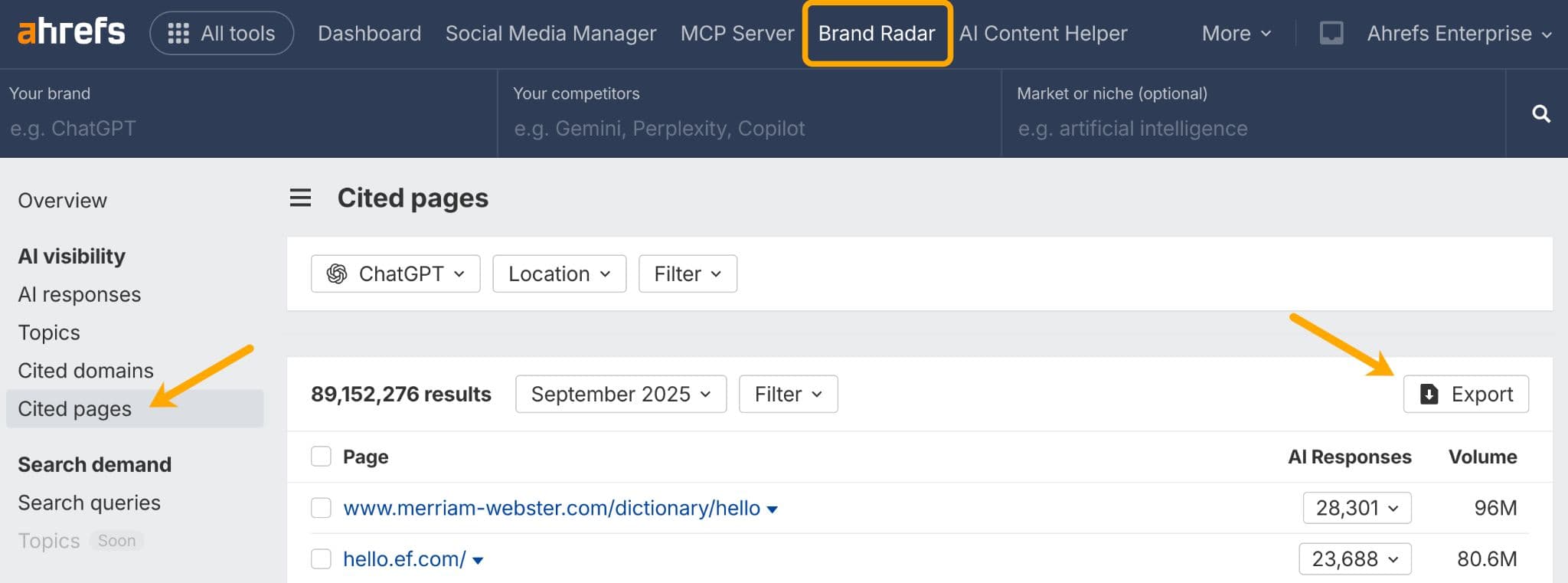In just a few years, artificial intelligence (AI) has evolved from a futuristic concept into a technology we interact with daily—often without even realizing it. From voice assistants that answer our questions to recommendation systems that suggest the next show to binge, AI is quietly shaping the way we live, work, and connect.
From Science Fiction to Daily Routine
AI once lived only in the pages of science fiction, but today, it’s woven into the fabric of modern life. Virtual assistants such as Siri, Alexa, and Google Assistant use natural language processing to understand and respond to human speech. Navigation apps like Google Maps or Waze use AI to predict traffic and suggest faster routes. Even social media platforms rely on machine learning to tailor our feeds, showing us posts and videos that match our interests.
This seamless integration has made AI feel natural. We no longer see it as “technology”—we see it as part of our routine. Each time Netflix recommends a new movie or Spotify curates a playlist that feels personalized, AI is quietly at work behind the scenes.
Transforming the Workplace
AI has also transformed the modern workplace. Automation tools now handle repetitive administrative tasks, freeing employees to focus on creative and strategic work. In industries like healthcare, AI-powered diagnostic systems help doctors detect diseases earlier. In finance, algorithms analyze market trends and detect fraud faster than humans ever could.
Moreover, AI-driven chatbots have revolutionized customer service by providing instant responses around the clock. For small businesses, this means improved customer engagement without the need for large support teams. The combination of speed, accuracy, and scalability has made AI a valuable ally for organizations of all sizes.
Ethical Concerns and Challenges
However, the rise of AI is not without its challenges. Concerns about privacy, data security, and job displacement continue to grow. When algorithms collect and analyze massive amounts of personal information, the potential for misuse increases. Similarly, automation threatens certain jobs, pushing society to rethink the future of employment and education.
Ethical AI development is now a global priority. Companies and policymakers are working together to create frameworks that ensure fairness, transparency, and accountability in AI systems. As the technology becomes more capable, building trust will be just as important as building innovation.
The Road Ahead
Looking ahead, AI’s influence will only expand. Emerging technologies like generative AI, autonomous vehicles, and smart cities promise to redefine what’s possible. The challenge for humanity is not to resist this change, but to guide it responsibly—to ensure that AI remains a tool for empowerment, not control.
The story of AI is still being written, and every interaction we have with it adds a new chapter. Whether it’s simplifying a household chore or enabling groundbreaking scientific discoveries, artificial intelligence has truly become the invisible hand shaping our future.
